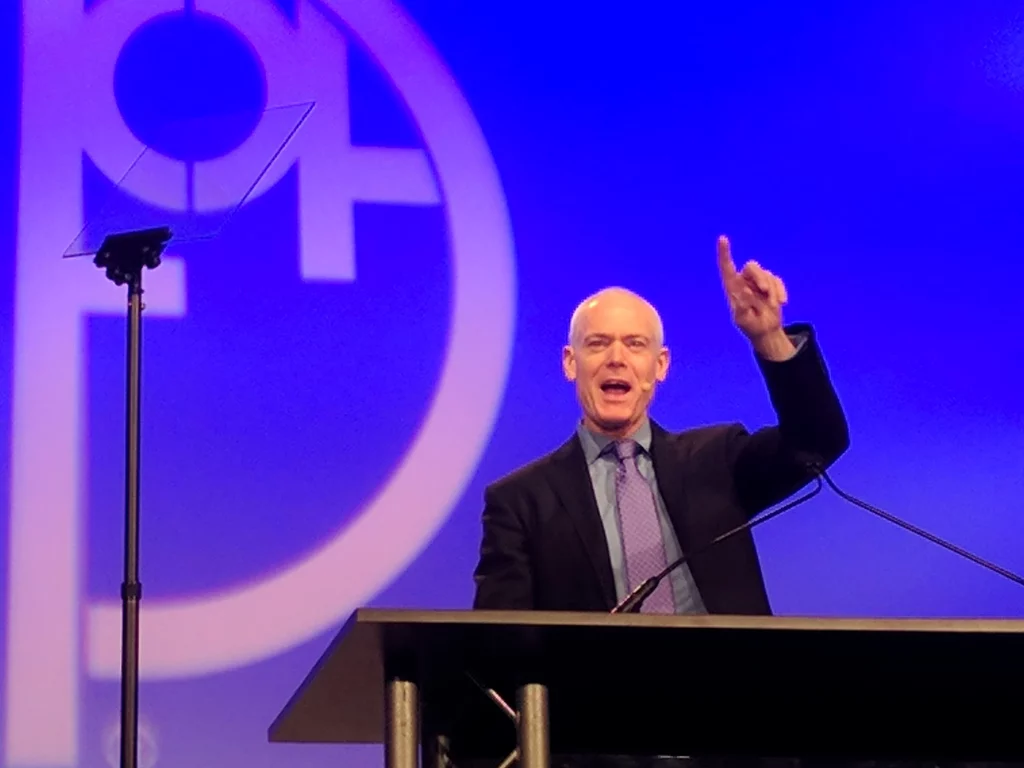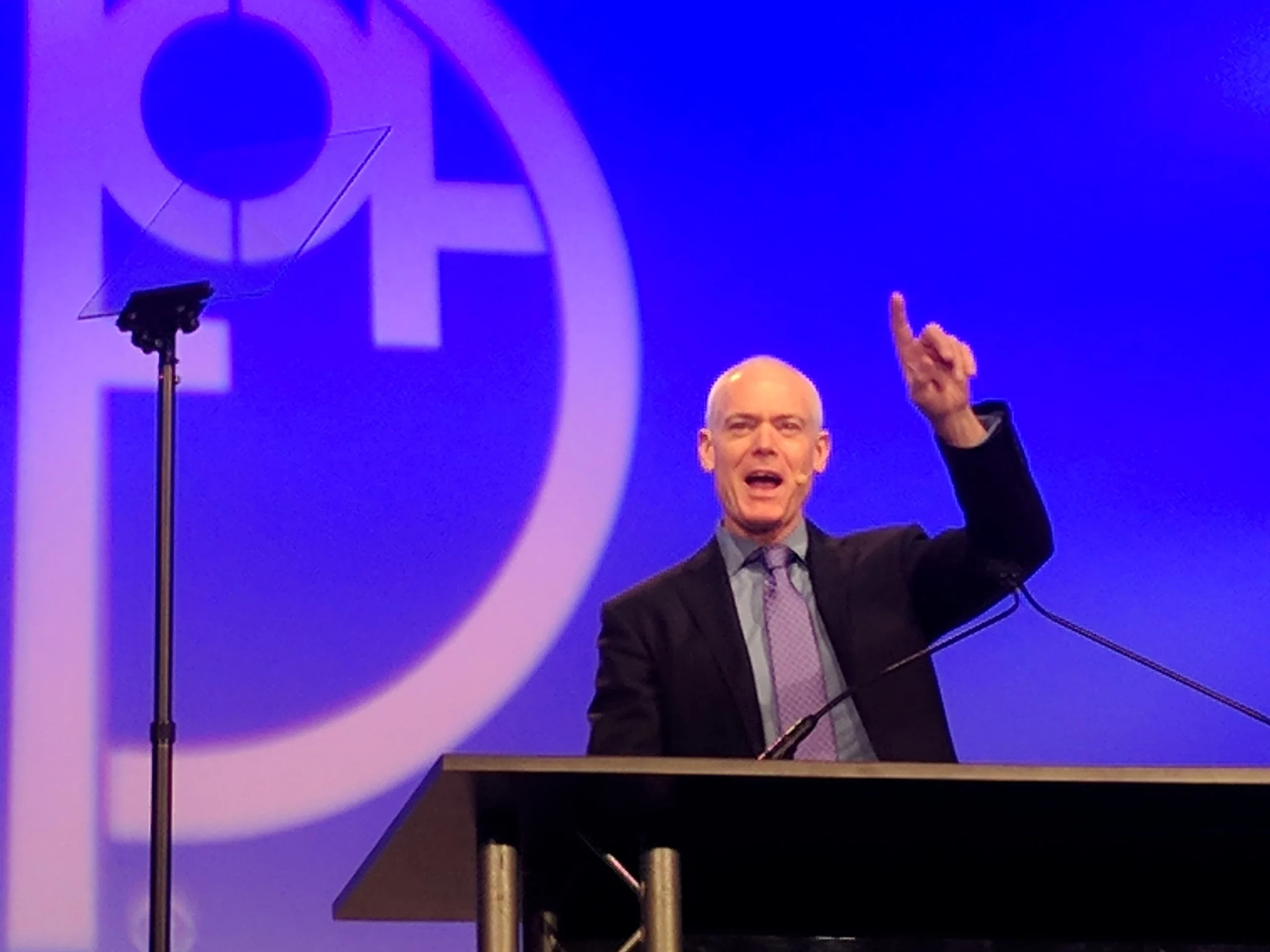What Is The Difference Between Managing And Leading Others?
I’m often asked about what the difference is between a leader and a manager. Recently I found myself saying that every manager is a potential leader but that being a good manager does not always precede the emergence of a great leader.
The Role of a Manager
Some senior leaders come up through the ranks and have honed various managing skills as they blazed the trail to ‘the top’. When we refer to management skills, we usually include areas such as financial acumen and budgeting, performance management, management information & reporting, knowledge and application of policy and process. Good management is about control and delivery of key performance indicators and targets, through the coordination of the resources available.
The Role of a Leader
Other, more entrepreneurial, creative types of leaders may not always be adept at management skills as they’ve always been ‘the ideas people’. For these types, they tend to have a strong team of people around them who more than make up for what they might lack in attention to detail or the tenacity needed to see the more mundane aspects of managing a business through to a successful outcome.
Jim Collins’ Level 5 Leadership
So, the question is what makes a leader? In the well-known book by Jim Collins, ‘Good to Great’, he refers to a ‘Level 5’ leader.
His theory suggest that ‘Level 5’ is the truest and most inspirational of all leadership styles. At this level, the key traits include strong personal humility, professional will, and a focus on the success of the company rather than personal ambition. Sometimes, humility may be mistaken for weakness but in this case, it is combined with an unshakeable commitment to excellence and a willingness to put the needs of the business first. This makes for a potent mix of skills, determination and energy that is agile, and focused on managing the growth of the business whatever is required. They are not out to become larger than life, egoic type of figures, but rather they are out to develop a business that will outlive them and soar to even greater heights with the next generation of leaders at the helm.

Jim Collins, explaining the Level 5 theory: Managing vs Leading for Business Success. Image: Wikimedia
The Importance of Communicating a Compelling Vision
Recently I wrote some guidelines on making the leap from team member to manager, this week I focus on what’s needed to become a great leader. Here are three areas, in my experience of working with senior teams and executives, that set apart excellent managers from inspirational and dynamic leaders:
You Must be able to Communicate a Compelling Vision
Think about a great leader that you admire in business, sport, politics or in any industry. What is it that makes them great? I would wager that they are able to inspire and lead others into action towards a highly emotive and meaningful goal and vision. Think, Martin Luther King’s ‘I have a dream speech’ in front of 250,000 people in Washington in August 1963, and the impact that this one speech had on his impact on the world right up to the present day.
Keeping Ego in Check: A Path to True Leadership
Your ego must be kept in check. In Jim Collin’s work, he explores the failings of leaders who are overly dominant and want others to do things ‘their way’. His ‘Level 5’ leadership traits include an ability to set aside personal ego-driven goals, in favour of more humanitarian goals which serve the needs of the people in the organisation and ultimately the future sustainability of the business. Leaders such as Oprah Winfrey have demonstrated how business growth can improve the lives of others, through her foundations which support education for underprivileged children from around the world.
Unshakeable Core Inner Resolve: The Hallmark of Great Leaders
Your core inner resolve must be unshakeable. Regardless of external, macro-economic factors and whatever else life might throw at them, a strong leader will hold steadfast to their vision, because they know deep down that their vision is true. They know that seeing it through will result in change for the greater good of the organisation or even in society as a whole. When Malala Yousafzai was shot by the Taliban for nothing more than attending school, she rose in her determination and tenacity with her vision and goals. These related to the rights of girls in various parts of the globe, to an education. Going on to become the youngest ever winner of the Nobel Peace Prize, Malala is perhaps one of the purest examples of having a core inner resolve that is unshakeable, no matter what the circumstance.
From Managing to Leadership
I help individual leaders to create a culture that attracts and retains top talent. Working as a support to the leadership team, I look at opportunities to build a more authentic style of leadership, that will in turn, inspire others to move from good to great behaviours. If you think you would benefit from improved managing and leadership consulting, contact me directly at denise@obrienlearningsolutions.ie or book a clarity call for more information.





